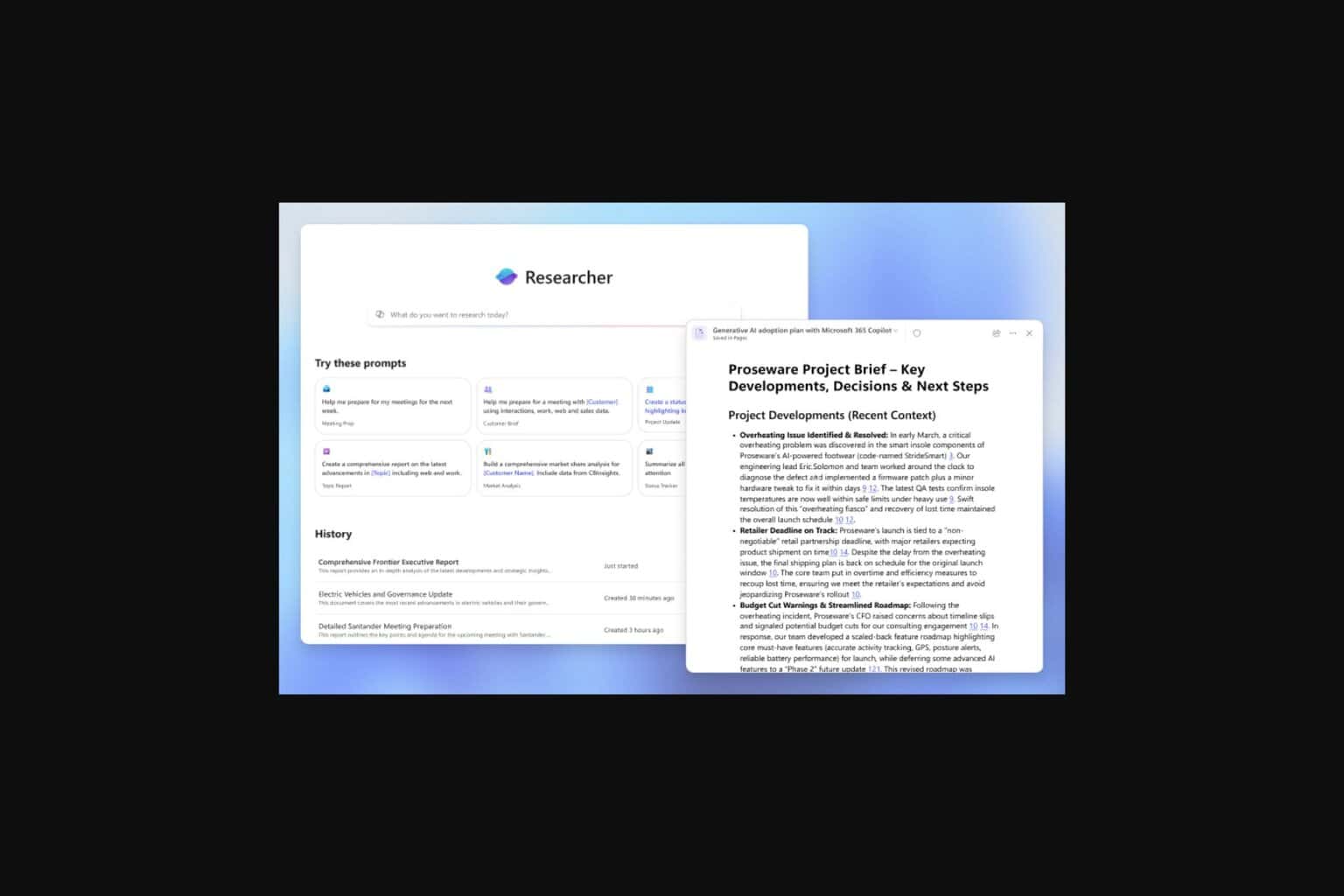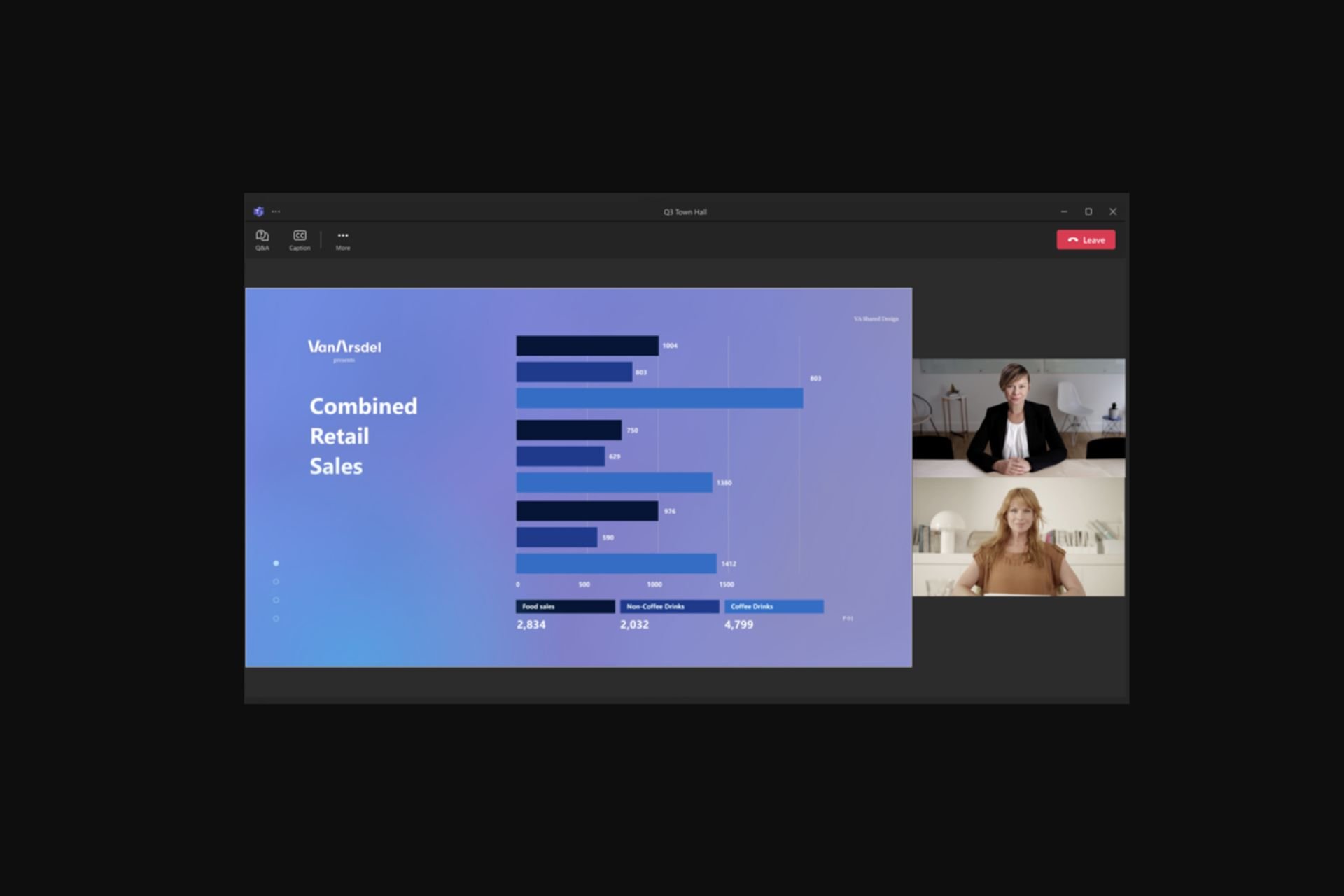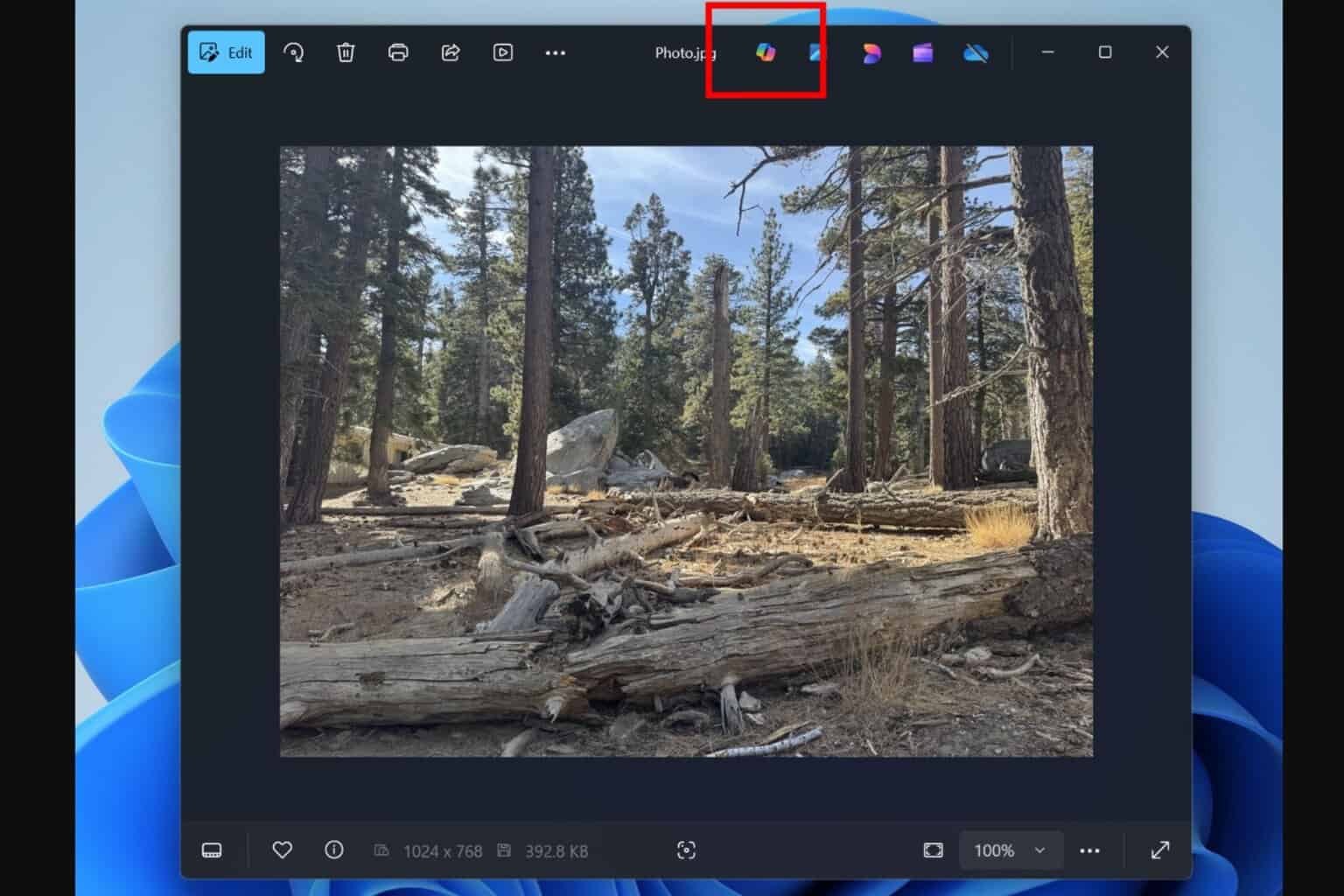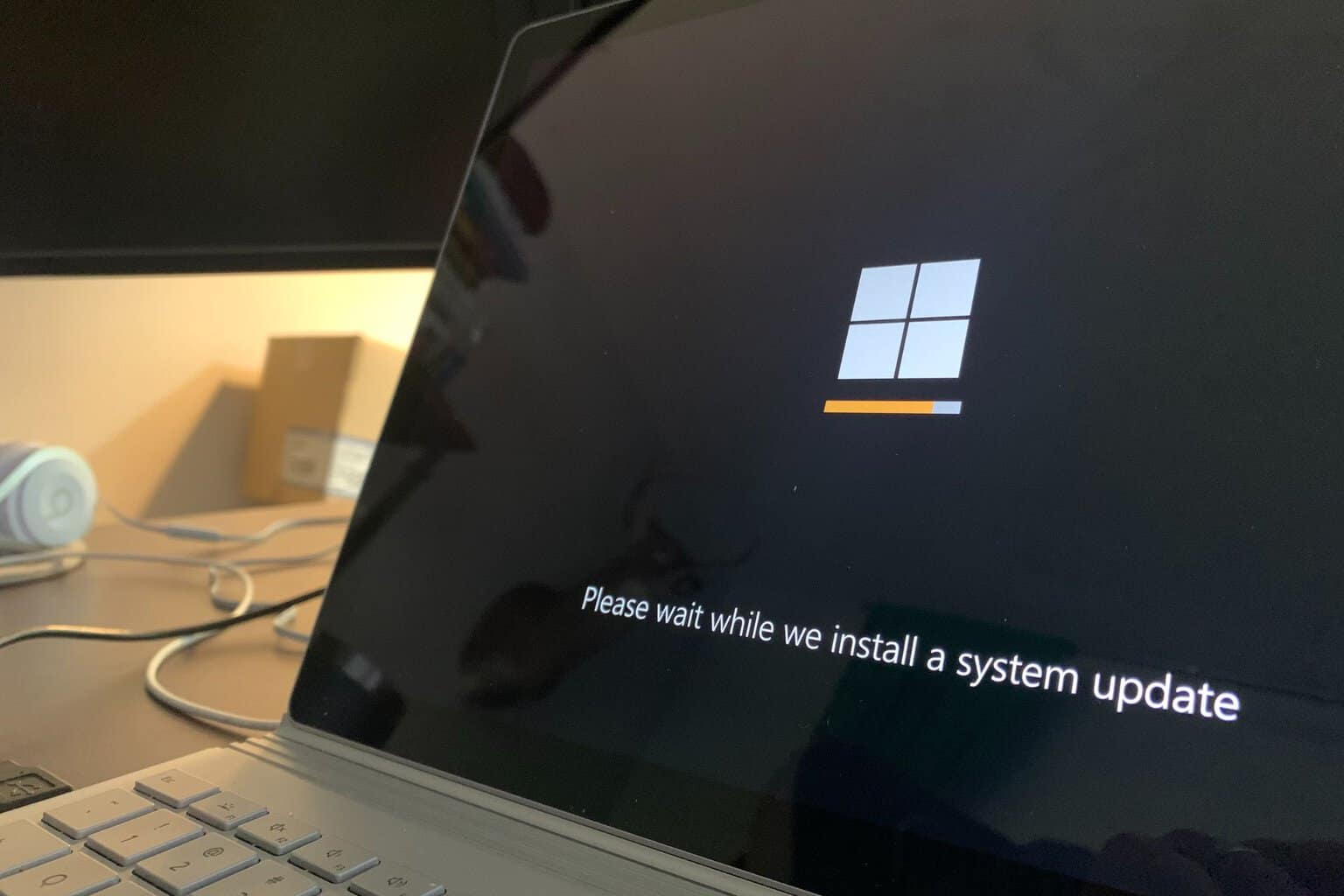Google could still use human reviewers to improve Chrome's AI 'History search' feature
The upcoming feature will allow searching anything from your browser history window
3 min. read
Published on
Read our disclosure page to find out how can you help Windows Report sustain the editorial team. Read more

Google and AI, these days, go hand-in-hand, and that is fair enough. The company has been aggressively integrating AI features in most of its products and services. Last week only, there were reports about the company adding a new AI feature to Google Chrome which would reimagine what search history works down the line.
Not to forget, the details about the new Chrome’s AI history search feature were missing from previous reports. However, we do have some details now.
Google Chrome’s new AI search feature will help you dig deeper into your browsing history
Google Chrome is evolving continuously, and some minute changes are made here and there. Thankfully, an avid Chrome researcher @Leopeva64 on X (formerly Twitter) has spotted new details about the history search feature.
For the uninitiated, Google calls the new feature History search, powered by AI. The new feature would let you search for anything in your browser history window. With AI playing its part in Google Chrome, you can not only search the browsing history based on the title and URL of the webpage but also its content.
When you turn on this AI feature in Google Chrome, you’re most likely to see an improvement in search efficiency on the dedicated search history page. That’s further applicable when you use @history followed by a search query in Chrome’s address bar.
Google and human reviewers may access your search query data to improve the new AI-powered feature
While it may sound like a great feature that Chrome users will cherish, there’s always a privacy risk associated with it since Google could feed your data to train its AI model. Unlike other times, Google has been pretty straightforward about the AI training data this time around.
The Things to Consider section provides a disclaimer stating that Google and human reviewers may have access to your data. The exact wording is quoted below, please check.
Things to Consider
When you search browsing history, your history search terms, page content of best matches, and generated model outputs are sent to Google and may be seen by human reviewers to improve this feature. As you browse sites, their page contents are saved in an encrypted form on your device.
In other words, Google or human reviewers won’t have access to details about the sites you visited, rather they can access the search queries and all. Although we’ve seen Google giving AI touch to Chrome for some time now, the new feature is likely to take things to the next level.
Time will tell if the feature gets a good response from Chrome users, but it does look promising for now. In other news, Google Chrome is getting smarter about Geolocation detection in Windows 10 and 11.








User forum
0 messages